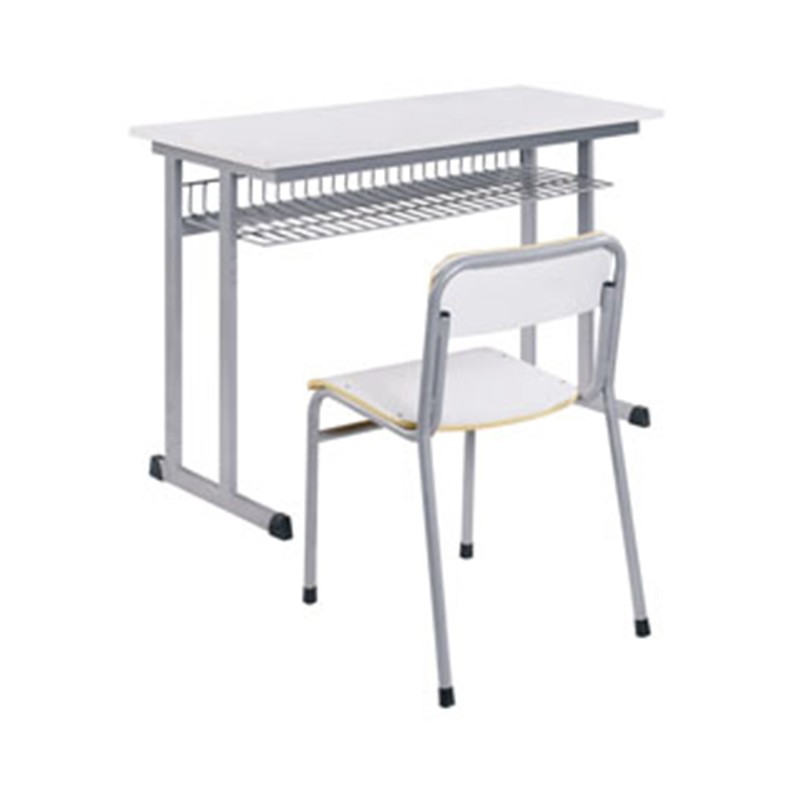Regional Market Insights Germany Kindergarten Furniture Tenders New Regulations And Localization Implementation Strategies
In response to the surge in childcare demand driven by the population recovery and the "two-income family priority" policy, the German government launched the "Kita Expansion Acceleration Plan" in 2023, and it is expected to add 500,000 nursery places by 2030. In 2024, the federal government allocated 2.3 billion euros for facility procurement, of which the budget for kindergarten furniture bidding increased by 18% year-on-year, opening up a new blue ocean for international suppliers in China, Southeast Asia and other countries. This article combines the German government procurement database and AOYASI FURNITURE's practical experience in the European market to analyze the key thresholds and breakthrough paths for bidding.
一. Policy dividends: access code to the 10 billion euro market
1. Budget allocation and purchasing entities
Federal level: The special procurement budget for kindergarten furniture in 2024 will reach 460 million euros, an increase of 18% over 2023, focusing on tables, chairs, lockers, nap beds and other categories;
Local procurement: Berlin, Bavaria and other state governments have added additional budgets, and the amount of a single bidding project can reach 2-8 million euros.
2. Compulsory certification and standards
Safety certification: must comply with DIN EN 17191 and DIN 18034 standards;
Environmental protection threshold: More than 80% of bidding requires Blauer Engel or FSC certification, and PVC and materials with excessive formaldehyde release are prohibited;
Design trend: modular combination and height-adjustable tables and chairs account for more than 60% of the demand.

二. Bidding process perspective: 6 major checkpoints from qualification review to delivery
German government procurement is known for its strict process. Take the typical bidding in Munich in Q1 2024 as an example:
| Phase | Cycle | Key Requirements | Common Mistakes |
| Qualification Pre-Examination | 15-30days | ISO 9001/14001, EU CE Certification, Similar Project Cases In The Past Three Years. | Cases Did Not Provide German Notarized Documents |
| Technical Bid | 45days | DIN Standard Drawings, Material Test Reports (TÜV/SGS) | Did Not Indicate The Percentage Of Bio-Based Plastic Content |
| Cost Quotation | 10days | CIF Hamburg Port, Euro, Including Installation Services | Ignore The German 19% VAT Surcharge |
| Sample Testing | 20days | Pass Laboratory Strength, Flame Retardancy, And Edge Chamfering Tests | Samples Were Not Sent According To The Model Specified By The Tenderer |
| Contract Negotiation | 30days | Clear Warranty Period (≥5 Years), Commitment Of Local After-Sales Team | No 3%-5% Potential Modification Budget Was Reserved |
| Delivery And Acceptance | 60-90days | Delivered In Batches To The Designated Kita, Environmental Testing After Installation Meets The Standards | Logistics Did Not Consider The Risk Of Strikes In Germany |
AOYASI experience: Participated in 11 German bidding projects in 2023, with a winning rate of 73%. The core advantages include:
Holding FSC & Blauer Engel dual certification, the use rate of bio-based materials reached 90%;
A bonded warehouse is set up in Düsseldorf, Germany, to support 15-day emergency replenishment;
The localized after-sales team provides "48-hour response" maintenance service.
三. Localization challenges and response strategies
1. Cultural adaptation: understand the "invisible needs" of German buyers
Aesthetic preferences: low-saturation colors, Nordic minimalist style;
Functional details: Tables and chairs need to reserve iPad bracket slots and invisible cable management holes;
Social responsibility: "Carbon footprint report" accounts for 15% of the bidding score, and full life cycle emission data must be provided.
2. Cost optimization: cracking the "low-price bidding" trap
Modular design: AOYASI adopts the "1 base + 6 desktop accessories" solution to reduce the number of SKUs and warehousing costs;
Localized assembly: complete the last 20% of the process in the Polish factory, reducing tariffs and logistics costs by 12%;
Financing support: cooperate with Deutsche Bank to provide buyers with a 3-year installment plan to increase the chance of winning the bid.
四. Case: AOYASI's practical path to winning the 2.3 million euro order from Berlin
Project background: Berlin will bid for 1,200 sets of ecological kindergarten furniture in Q4 2023, and suppliers from 7 countries will bid.
AOYASI solution:
Technical breakthrough: using sugarcane bagasse bio-based plastic + flax fiber reinforcement material, the carbon footprint is 37% lower than that of competing products;
Process compliance: obtain the DIN EN 17191 test report issued by TÜV Süd in advance;
Service value-added: promise to provide free Ergonomics courses for Berlin Kita trainers
Results: The winning bid price is 18% lower than that of German local brands, but the profit margin remains at 22%, relying on large-scale procurement and process innovation.
五. Supplier Action Guide: Seize the 2024 Window
Qualification preparation: Immediately start the Blauer Engel certification application;
Resource positioning: Register a subsidiary in Germany or jointly bid with a local design studio;
Data weapon: Use the "German Tendering Big Data Platform" developed by AOYASI to monitor the procurement plans of each state in real time and predict popular categories.
AOYASI Core Advantages
38 years of experience in exporting educational furniture to Europe, leading/participating in the drafting of 12 EU standards;
EU local inventory of 50 million yuan, supporting the full process of "sample inspection-winning bid-delivery" in Germany compliance;
Provide one-stop services for bidding agency, qualification certification, and logistics customs clearance, shortening the winning bid cycle by 40%.


